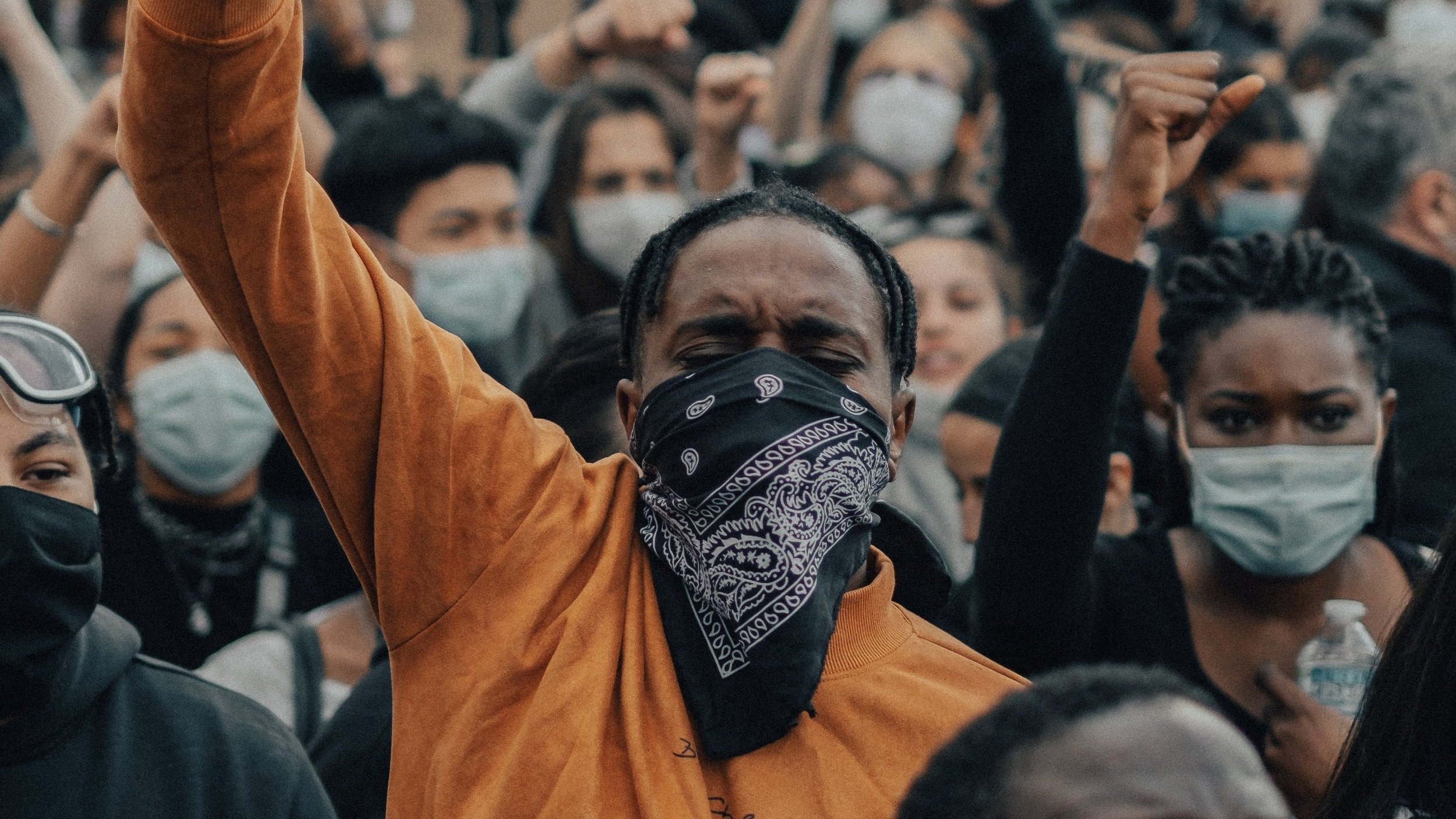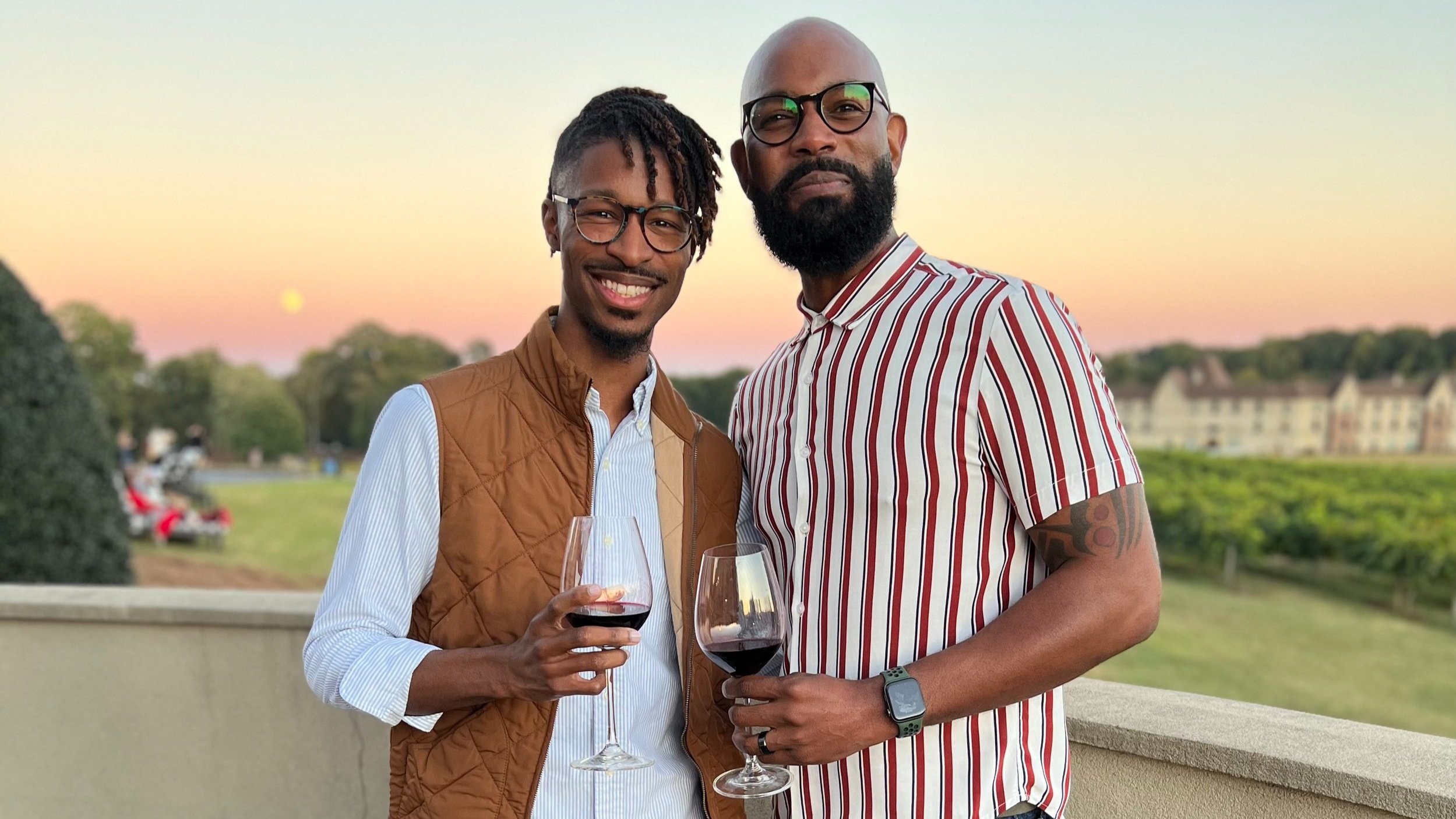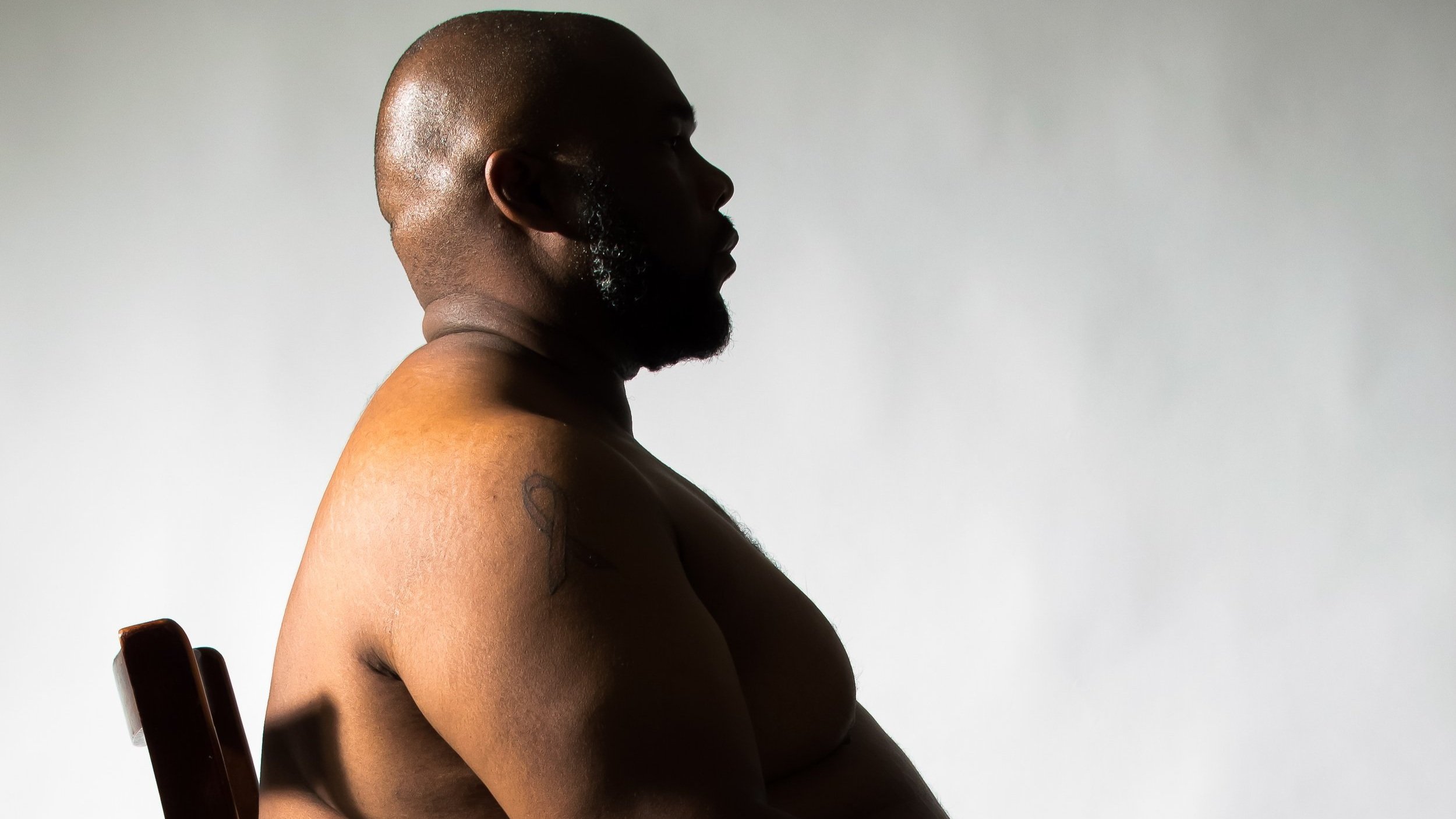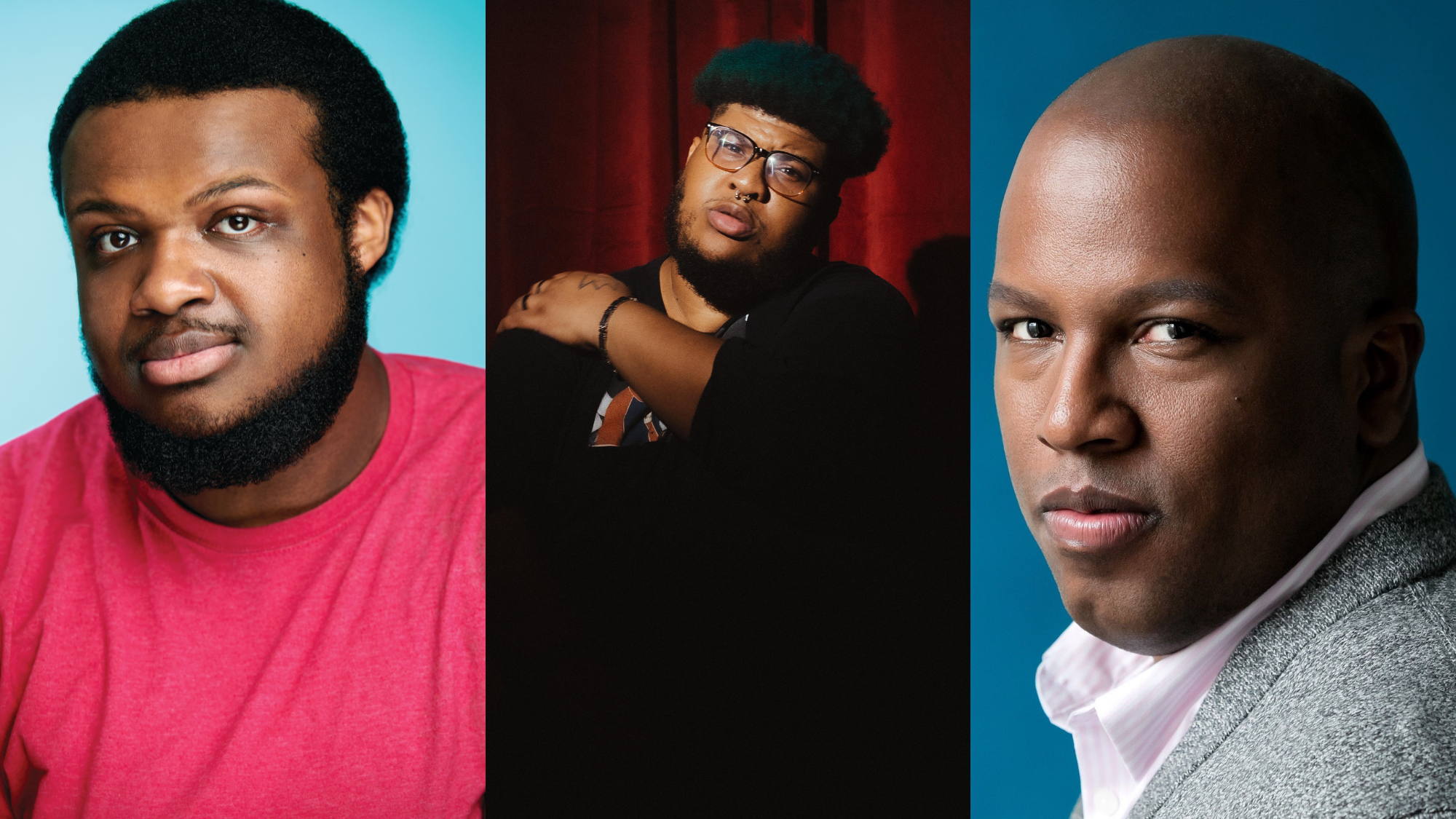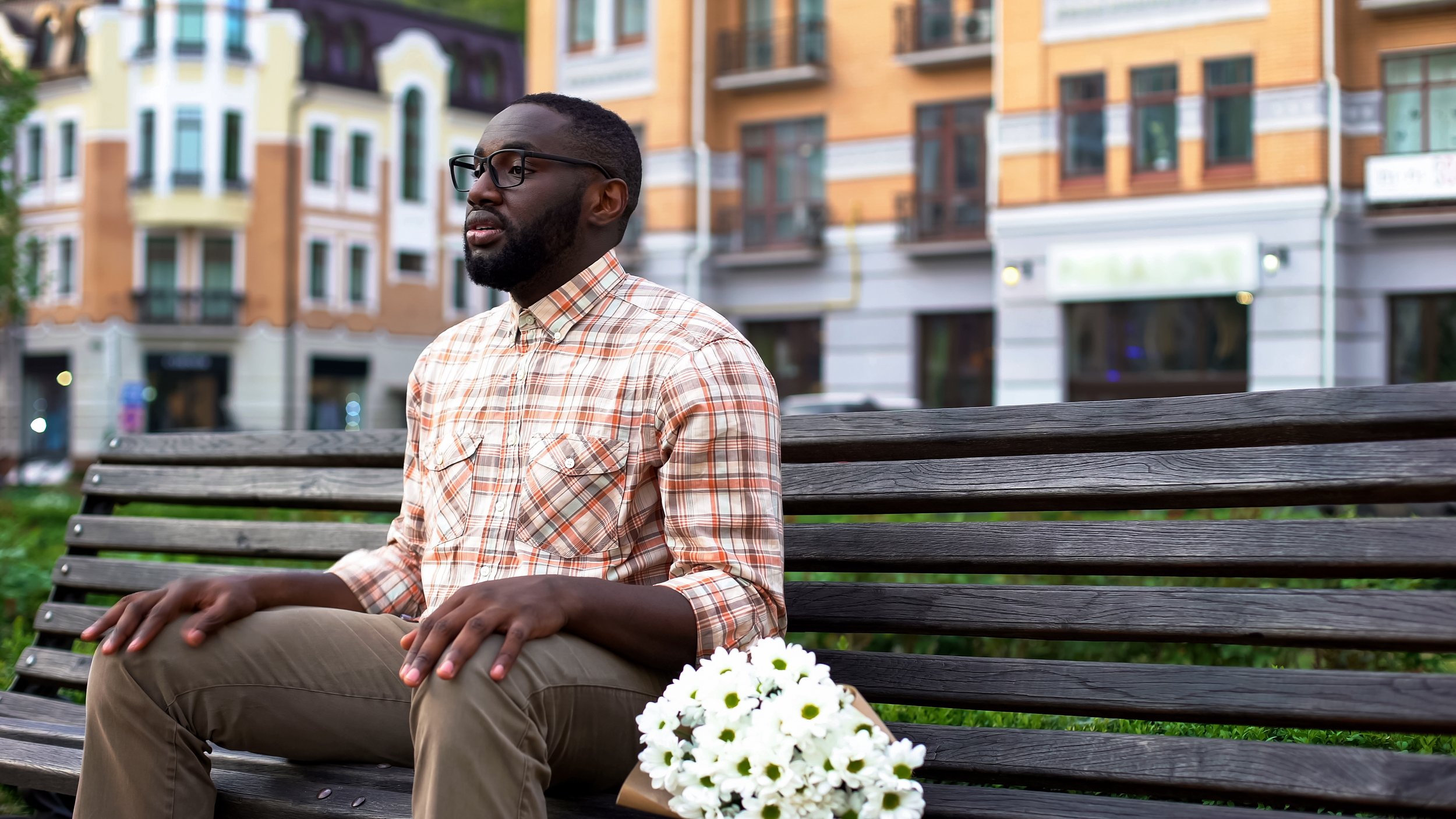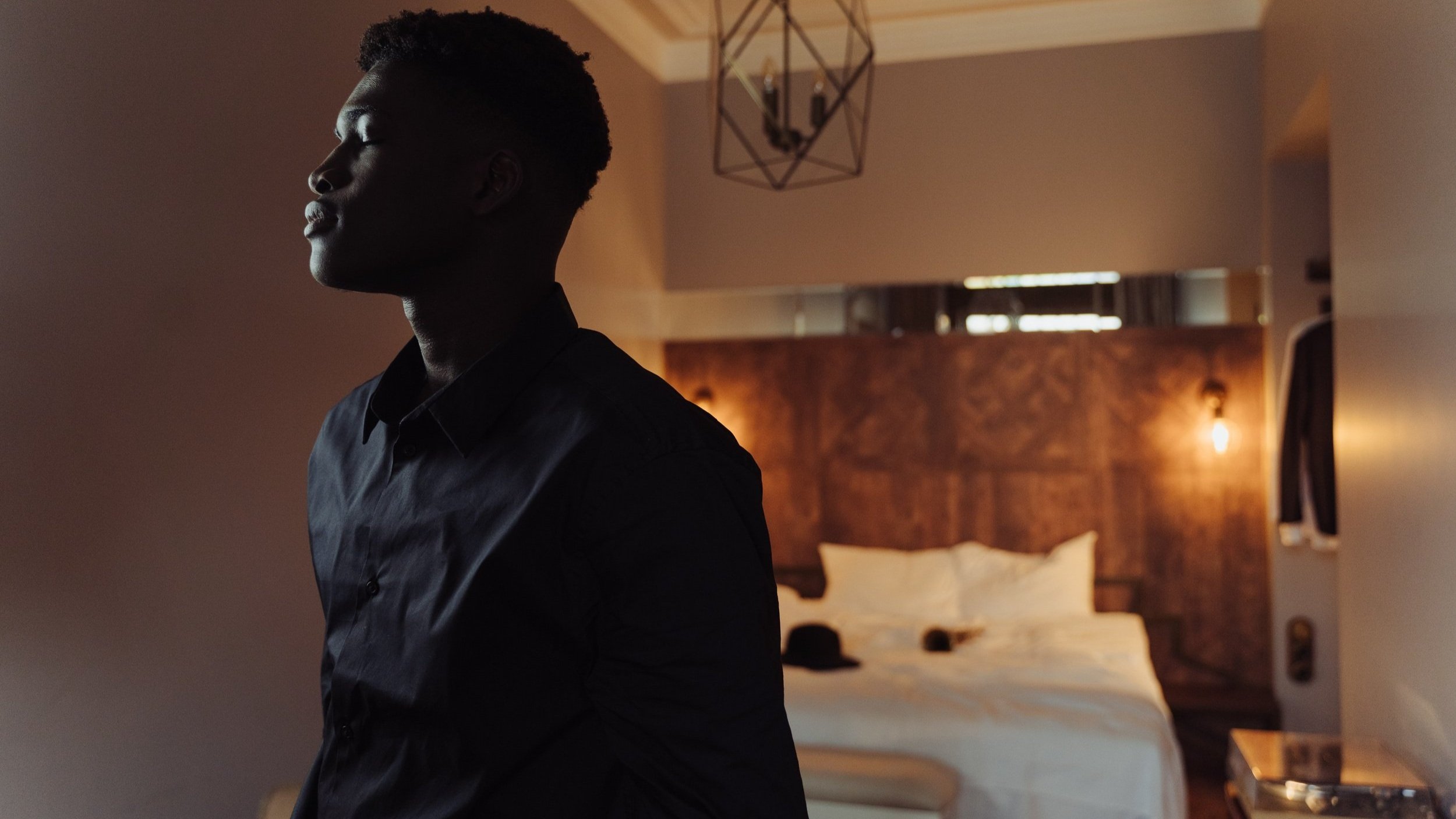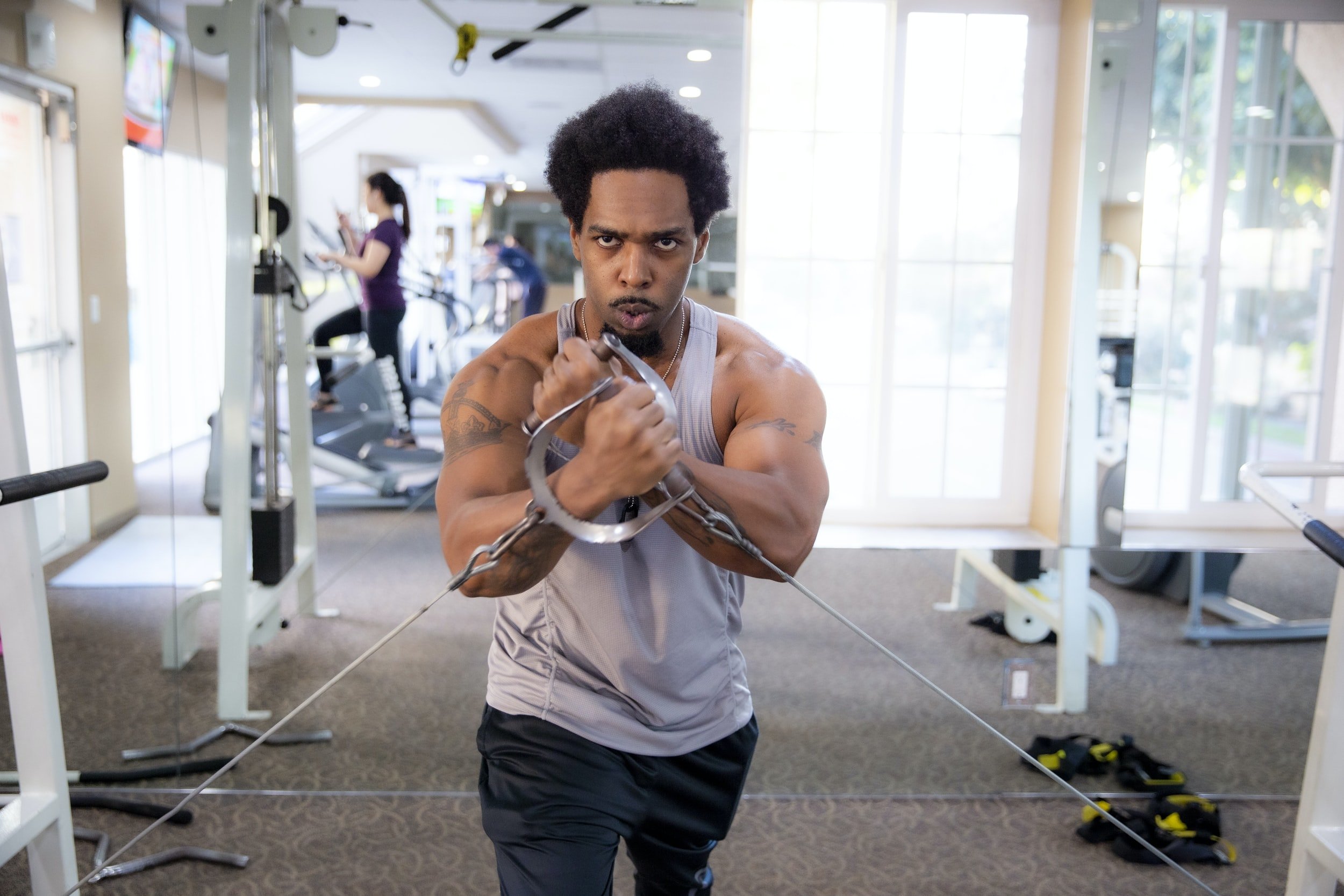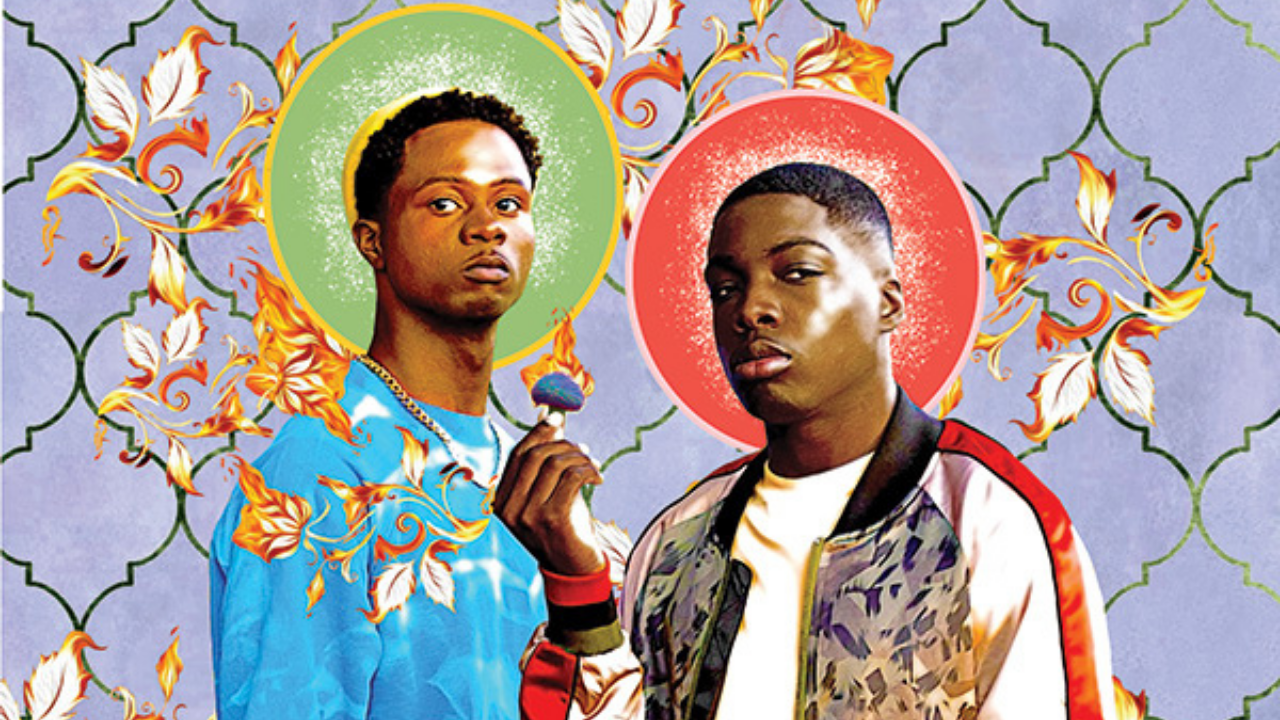Reconsidering Rustin: His Trailblazing Legacy 60 Years After the March on Washington
Considered a brilliant organizer with an aptitude for detail, he’s the exacting architect of the March on Washington for Jobs and Freedom, an unprecedented demand for civil rights which drew a quarter of a million people to the National Mall -- and catapulted Martin Luther King Jr. into national prominence.




